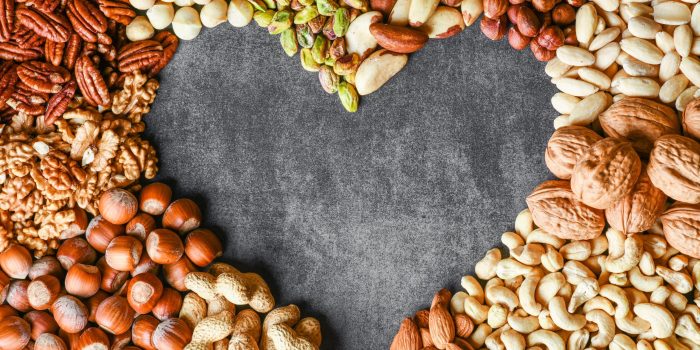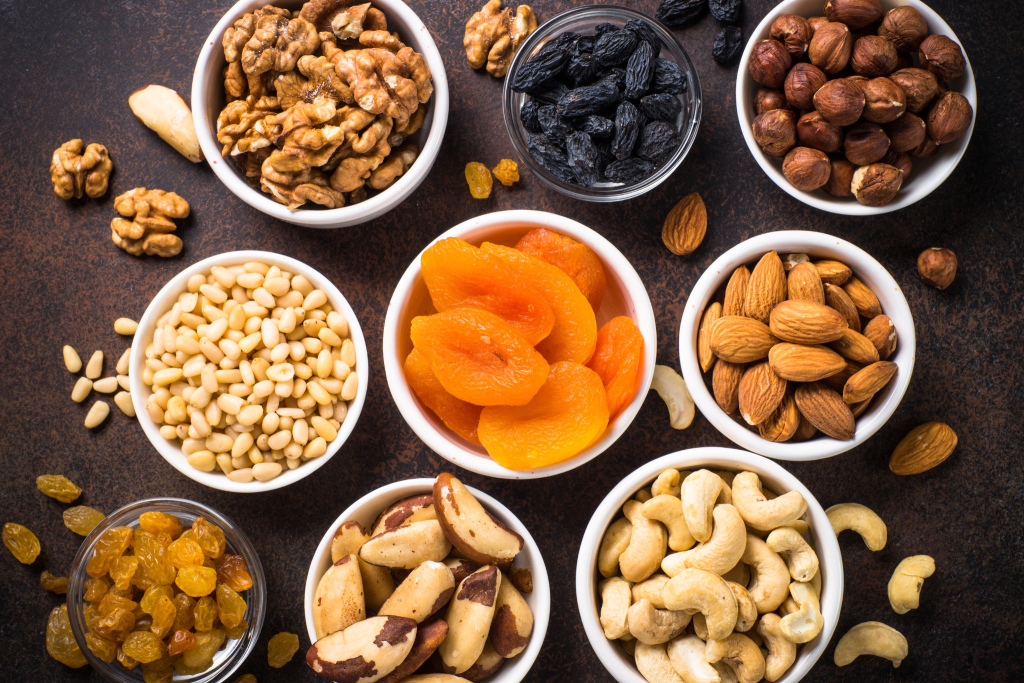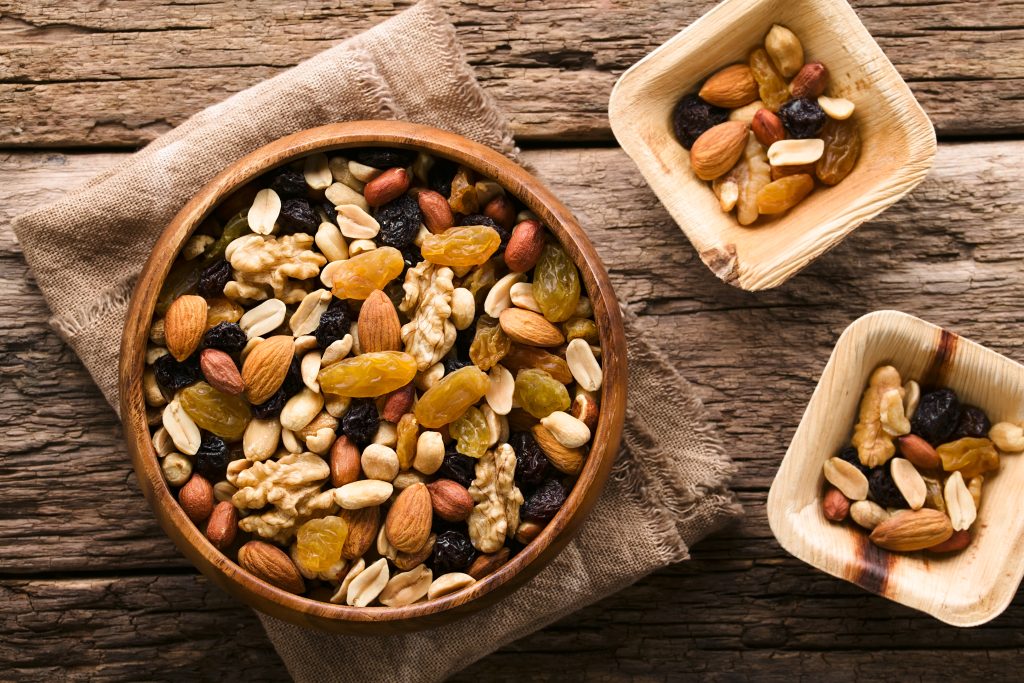Cholesterol is a fatty substance present in each and every human cell. Despite its bad reputation, cholesterol is essential for a proper functioning of the human body.
This bad reputation lays in the fact that raised cholesterol increases the risk of heart disease and stroke. According to the WHO, raised total cholesterol is a major cause of disease burden in both developed and developing countries, estimating to cause 2.6 million deaths.
Types of cholesterol
The largest part of cholesterol is produced in the human liver, although it is also obtained from some aliments. Generally speaking, there are two types of cholesterol in blood:
- High density lipoproteins (HDL) or “good” cholesterol: These lipoproteins are able to collect the cholesterol and fats that are circulating through the blood and lead them to the human liver, preventing fat from accumulating on the walls of the veins.
- Low density lipoproteins (LDL) or “bad” cholesterol: They work to transport the cholesterol to the body tissues. However, this type of cholesterol in excess, it might gather on the walls of the veins, accelerating the atherosclerosis process, and finally preventing the blood from circulating towards the heart. High levels of this “bad” cholesterol increase the risk of suffering from cardiovascular diseases.
Daily habits and diet play an important role when it comes to controlling cholesterol levels. A diet high in saturated fats, the absence of physical activity and smoking habits tend to increase blood cholesterol levels. On the contrary, a diet high in unsaturated fats tends to lower blood cholesterol levels.
Nuts may help lower cholesterol levels
Being introduced within a balanced diet and lifestyle, nuts are among the foods that may have a positive effect when it comes to increasing the levels of HDL or “good” cholesterol, while consistently lowering the LDL or “bad” cholesterol. These benefits stem from nuts composition, containing proteins, fiber, healthy monounsaturated fats, vitamins, nutrients and antioxidants. There is scientific evidence showing that tree nut consumption (walnuts, pistachios, macadamias, pecans, cashews, almonds, hazelnuts and Brazil nuts) lowers total cholesterol, LDL cholesterol and triglycerides when hypertriglyceridemia exist.
Another study points to the same conclusion. Researchers studied 245 overweight and obese women (between 22 and 27 years old) enrolled in a one-year weight loss intervention. Participants were randomly assigned to three different diets. Besides decreasing levels of LDL cholesterol, results showed that walnut participants achieved an increase in HDL cholesterol levels compared to the other diet groups.
Just a handful of nuts per day may help to lower cholesterol levels. There are many options to introduce them in your daily habits, resulting in tasty dishes to be enjoyed at any time of the day. You can sprinkle sliced or chopped nuts to your favorite salads recipes or add them to your preferred pasta meals.
At breakfast, a bowl of yogurt with nuts on top is always necessary to have.
What’s your preferred option? Are you taking nuts to help lower cholesterol?










